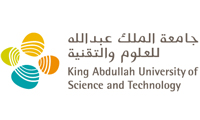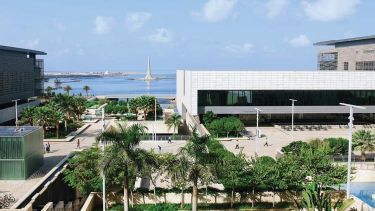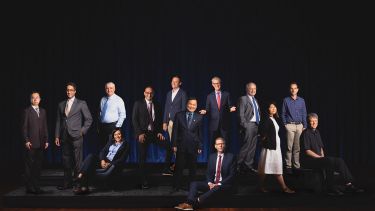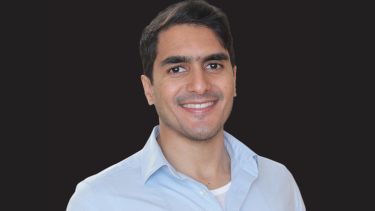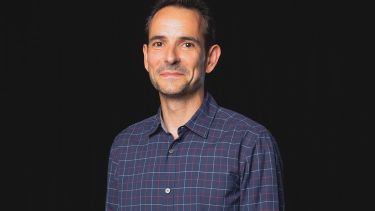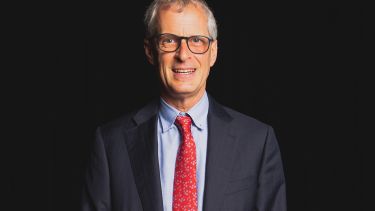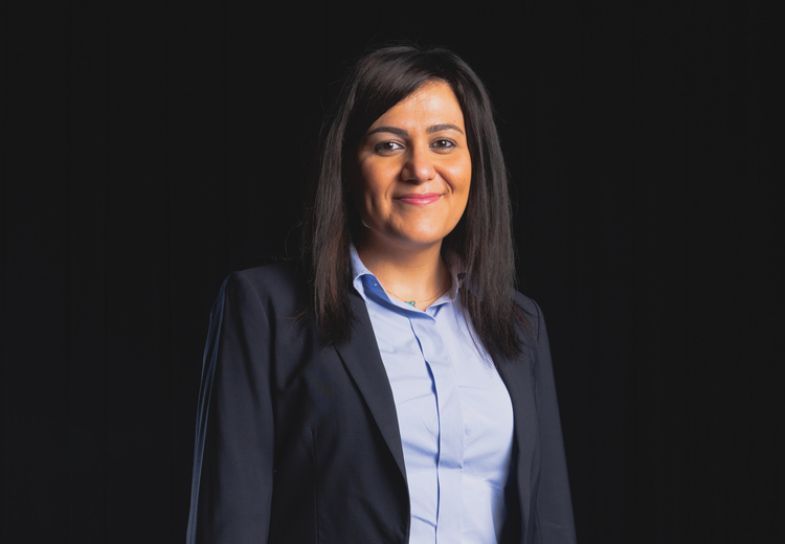
Niveen M. Khashab, professor of chemical science
Following the completion of her PhD at the University of Florida, Niveen Khashab joined KAUST and became a professor of chemical science. As an organic chemist, Khashab specifically researches supramolecular chemistry and the self-assembly patterns of organic molecules. These are extensively studied and then the natural designs are mimicked when creating synthetic systems.
In her lab, Khashab focuses on two main use cases involving the design and synthesis of supramolecular assemblies. The first concerns the controlled delivery of drugs and gene-therapy treatments. Over the past four years, she has been working on ways to encapsulate and deliver CRISPR-Cas9 in a more targeted way that minimises the side effects.
Evolving the delivery process could dramatically improve the quality of therapeutic approaches such as chemotherapy and revolutionise the vaccination industry.
Khashab’s second focus area is the use of self-assembled porous materials to separate benzene derivatives. With the economy in Saudi Arabia still highly dependent on oil, engineering a method of separating benzene derivatives without using large amounts of energy have significant environmental benefits, not just in Saudi Arabia but across the entire planet.
Khashab likes to start each day in a similar fashion: checking in with her students to get a feel for what each member of the group is working on. She then examines scientific literature and social media channels before spending time in the lab.
When not conducting cutting-edge scientific research, Khashab is something of a history enthusiast and enjoys reading across a wide range of subjects.
Find out more about Niveen M. Khashab's research at KAUST.
